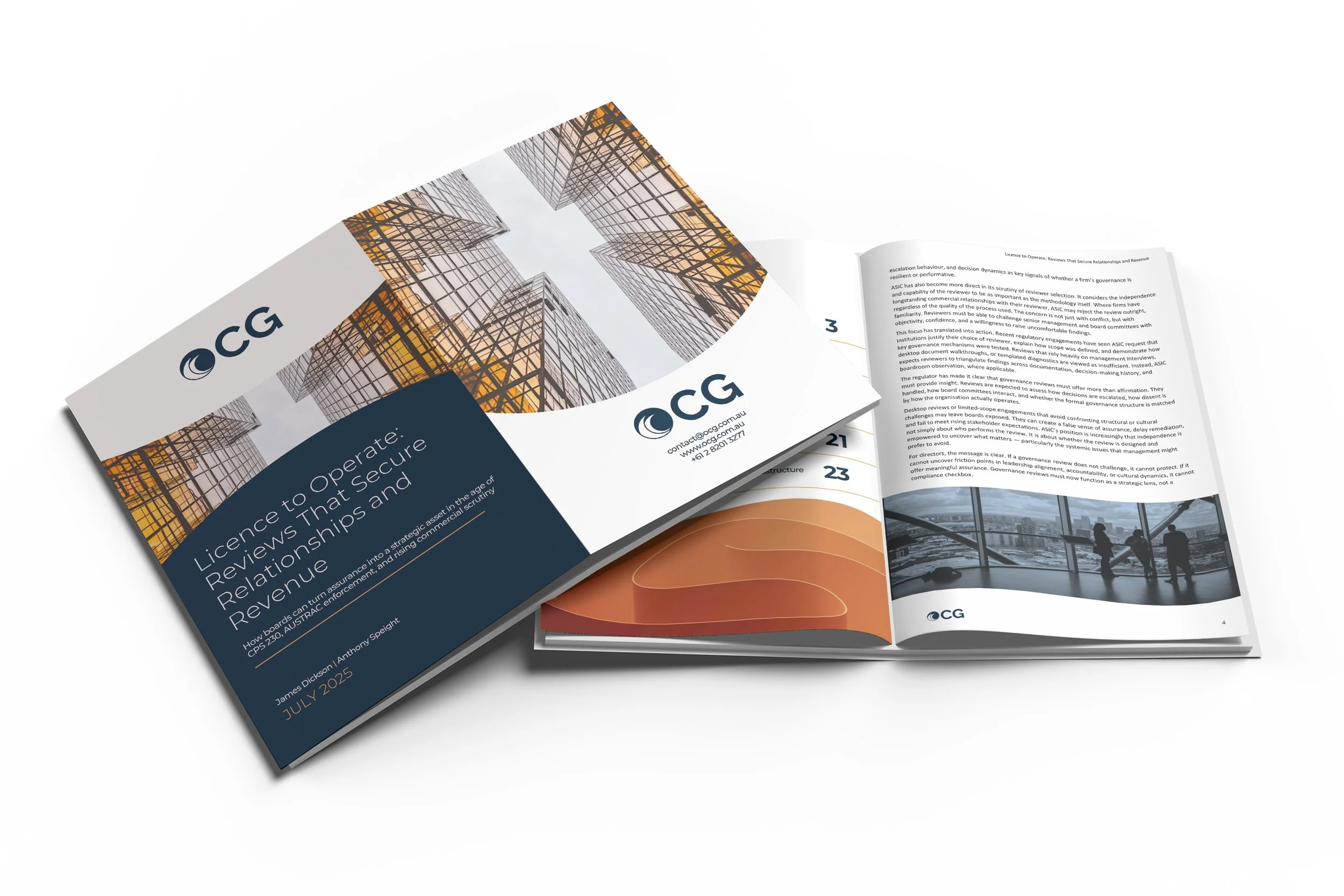Best Interests Duty (BID) & Advice Conduct Obligations: Putting Client Outcomes First
Understanding BID & Conduct Obligations
Best Interests Duty (BID) and related advice conduct obligations require financial advisers and licensees to act in the best interests of the client, provide appropriate advice, and give clear, relevant disclosure. Together with conflicts management, record-keeping, and remuneration controls, these obligations shape how advice is researched, documented, delivered, and reviewed across the advice journey (fact-finding, strategy, product selection, SOA/ROA, implementation, and ongoing service).
BID focuses on whether the process and outcome of advice reasonably put the client first: understanding objectives and constraints, investigating alternatives, assessing costs/benefits, and explaining recommendations in language a client can understand.
Why BID Matters
Robust BID execution protects consumers and the licence, reduces remediation, and builds trust with regulators and clients. Poorly evidenced advice (e.g., thin client files, weak product comparisons, unclear risks/fees) drives complaints, AFCA escalations, and RG 78 reportable situations, often culminating in large remediation programmes.
Key implications for firms include:
Advice must be suitable for the client’s situation and objectives, with evidence that options were considered.
Conflicts (including remuneration) must be identified and controlled, with transparent disclosure.
Clear communication is essential: plain-English explanations of strategy, risks, fees, and alternatives.
Ongoing service must match the agreed scope, with renewal, reviews, and records to prove delivery.
Key Challenges Facing Firms
Designing repeatable, quality-assured advice processes that different teams consistently follow.
Capturing complete client data, constraints, and preferences to support suitable advice.
Demonstrating comparative analysis (strategy/product alternatives, costs, risks, switching impacts).
Maintaining defensible records (working papers, calculators, research notes, file logs, SOA/ROA).
Linking training (RG 146/CPD), QA insights, and remediation so gaps don’t recur.
Managing outsourced paraplanning/tech stacks without losing control of quality and evidence.
How OCG Can Help
Oceanic Consulting Group (OCG) builds advice operating models that turn BID from policy into consistent, auditable practice.
Our services include:
Advice framework & playbooks covering discovery, strategy design, product selection, and disclosure.
File Review as a Service (FRaaS) to identify gaps, uplift evidence, and reduce remediation risk.
Quality assurance & MI: sampling, scoring, root-cause analysis, dashboards for boards/executives.
Conflicts & remuneration governance aligned to conduct and client-outcomes expectations.
Training & enablement (RG 146/CPD) tied to real file-review findings and adviser coaching.
Remediation design & execution where historical advice does not meet BID standards.
FAQs
What proves that advice meets BID?
A complete file: robust fact-find, strategy rationale, alternatives assessed, fees/risks explained, and SOA/ROA that a reasonable client can understand, plus working papers showing how conclusions were reached.
How do we reduce BID-related complaints and breaches?
Tighten discovery, require comparative analysis, strengthen SOA clarity, and run independent file reviews with feedback loops into training and process changes.
Does technology solve BID on its own?
No. Advice tech helps consistency, but firms still need clear standards, QA, coaching, and defensible records to satisfy scrutiny.
Strengthen Your Advice Quality & BID Compliance
Work with OCG’s Advice, Conduct & File Review Specialists
Lift advice quality from policy to proof. Contact OCG to embed playbooks, FRaaS, and QA/MI that demonstrate best interests, reduce complaints and breaches, and deliver clearer outcomes for clients.









